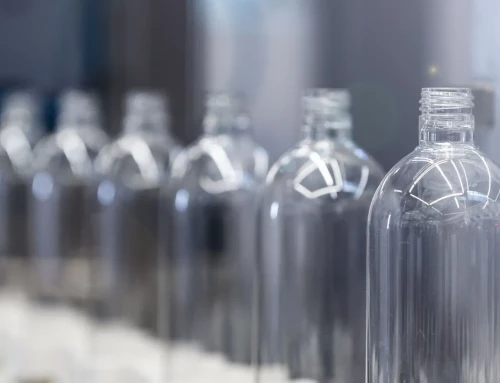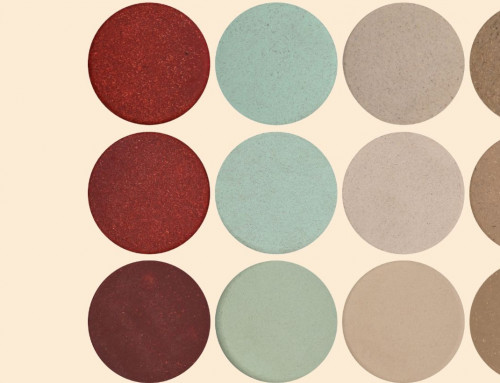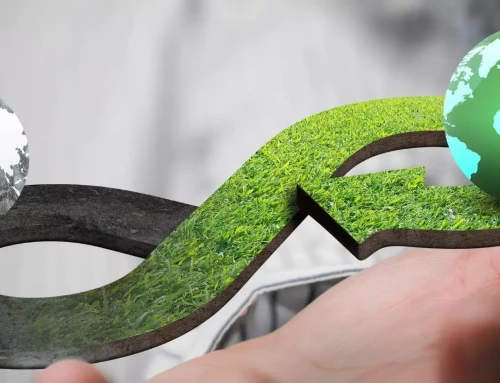How Mynusco’s products are helping the farming community
Asian countries are currently the breadbasket of the world and India produces a wide and rich variety of agricultural exports. North-Western India especially the states of Punjab, Haryana, and Uttar Pradesh produce significant agricultural commodities. Rice and Wheat are particularly predominant crops and the mechanization of agriculture since the 1990s has led to the leaving behind of 4ft of crop residue after each seasonal yield. This crop residue burning (CRB) in the fields happens on ~25% occasions. The burnt crop residue produces CO2, CO, and CH4 GHGs but also a wide variety of other toxic pollutants resulting in health disturbances to human and animal life. This burning of crops is done once in April/May and the other time in November/December. It destroys soil microorganisms and replaces black carbon with organic carbon that cannot enter the life cycle of plants. It converts the sulfates and nitrates in the soil to oxides which escape into the atmosphere. All this reduces soil quality over time. It has been estimated that ~20% of annual pollution in India is due to this farming practice.

We @ MynuscoTM believe that this practice is not in the interest of sustainable agriculture or sustainable development. Despite government legislation and benefits to prevent crop residue burning, this practice is rampant and is expected to grow by ~45% by 2050.
We @ MynuscoTM use crop residue from rice, bamboo, coffee, and other materials to make our biomaterials for your use. We aim to help the nation, the farmers and the countrymen by our well-considered business practices.






